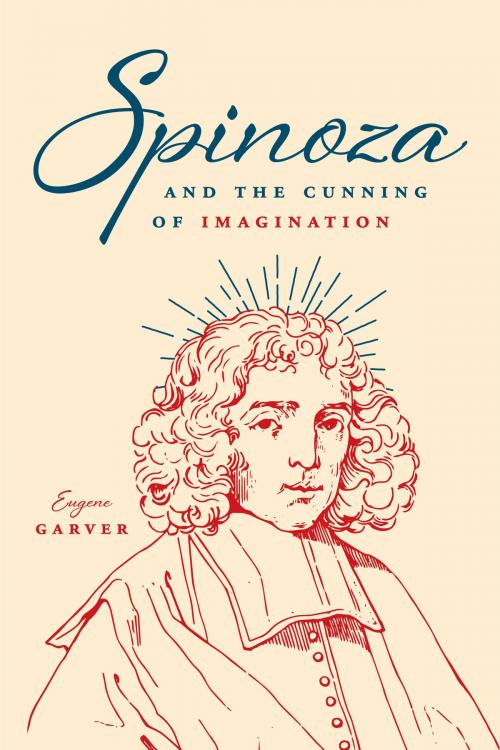Spinoza and the Cunning of Imagination
Nonfiction, Religion & Spirituality, Philosophy, Medieval, Religious| Author: | Eugene Garver | ISBN: | 9780226575735 |
| Publisher: | University of Chicago Press | Publication: | October 12, 2018 |
| Imprint: | University of Chicago Press | Language: | English |
| Author: | Eugene Garver |
| ISBN: | 9780226575735 |
| Publisher: | University of Chicago Press |
| Publication: | October 12, 2018 |
| Imprint: | University of Chicago Press |
| Language: | English |
Spinoza’s Ethics, and its project of proving ethical truths through the geometric method, have attracted and challenged readers for more than three hundred years. In Spinoza and the Cunning of Imagination, Eugene Garver uses the imagination as a guiding thread to this work*.* Other readers have looked at the imagination to account for Spinoza’s understanding of politics and religion, but this is the first inquiry to see it as central to the *Ethics *as a whole—imagination as a quality to be cultivated, and not simply overcome.
Spinoza initially presents imagination as an inadequate and confused way of thinking, always inferior to ideas that adequately represent things as they are. It would seem to follow that one ought to purge the mind of imaginative ideas and replace them with rational ideas as soon as possible, but as Garver shows, the Ethics don’t allow for this ultimate ethical act until one has cultivated a powerful imagination. This is, for Garver, “the cunning of imagination.” The simple plot of progress becomes, because of the imagination, a complex journey full of reversals and discoveries. For Garver, the “cunning” of the imagination resides in our ability to use imagination to rise above it.
Spinoza’s Ethics, and its project of proving ethical truths through the geometric method, have attracted and challenged readers for more than three hundred years. In Spinoza and the Cunning of Imagination, Eugene Garver uses the imagination as a guiding thread to this work*.* Other readers have looked at the imagination to account for Spinoza’s understanding of politics and religion, but this is the first inquiry to see it as central to the *Ethics *as a whole—imagination as a quality to be cultivated, and not simply overcome.
Spinoza initially presents imagination as an inadequate and confused way of thinking, always inferior to ideas that adequately represent things as they are. It would seem to follow that one ought to purge the mind of imaginative ideas and replace them with rational ideas as soon as possible, but as Garver shows, the Ethics don’t allow for this ultimate ethical act until one has cultivated a powerful imagination. This is, for Garver, “the cunning of imagination.” The simple plot of progress becomes, because of the imagination, a complex journey full of reversals and discoveries. For Garver, the “cunning” of the imagination resides in our ability to use imagination to rise above it.















